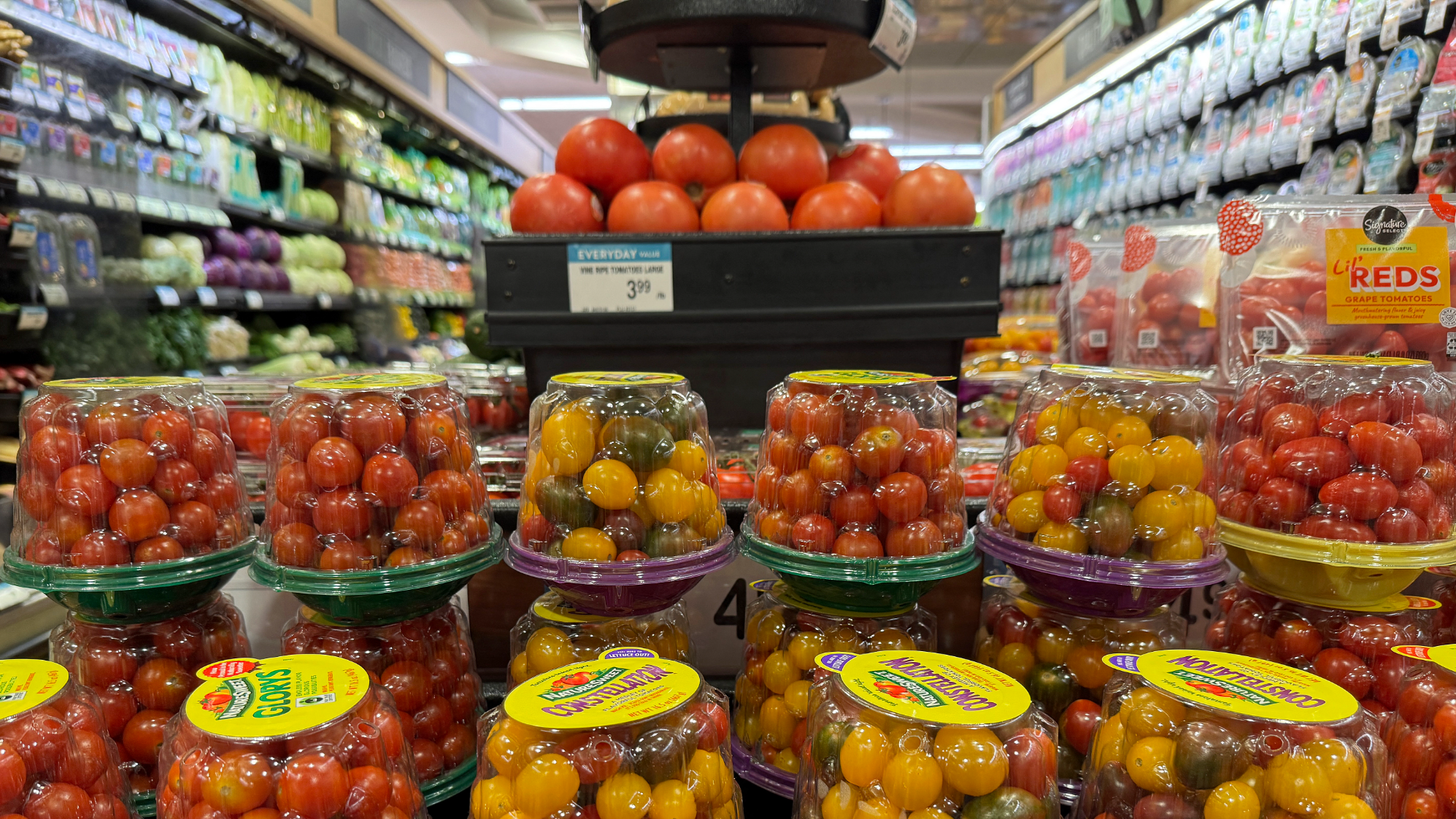
NEW YORK - The US Department of Commerce announced Monday it is immediately placing a 17.09 percent duty on most fresh tomatoes imported from Mexico, marking a withdrawal from the 2019 agreement between the two countries to suspend the antidumping investigation on fresh tomatoes.
Earlier in April, the department said in a statement that the current agreement has failed to protect US tomato growers from "unfairly priced Mexican imports," as the department has been flooded with comments from them urging its termination. This action will allow US tomato growers to compete fairly in the marketplace, it said.
The department currently maintains 734 antidumping and countervailing duty orders which provide relief to American companies and industries impacted by unfair trade, according to the statement.
READ MORE: Mexican president says US tariffs on steel, aluminum 'unfair'
According to the Observatory of Economic Complexity, the United States (US) imported tomatoes worth $3.63 billion in 2024, of which 3.12 billion dollars worth originated from Mexico.
US tomato growers might cheer the move, which is meant to protect them from price competition, but many others are worried that it will push up tomato prices and even disrupt the supply chain of the country's second most consumed vegetable, according to media reports.
In a letter addressed to Secretary of Commerce Howard Lutnick, the US Chamber of Commerce and some 30 other business groups urged the Department of Commerce to reconsider its plan to withdraw from the agreement. The organizations argued that terminating the agreement could disrupt the US tomato supply chain and negatively impact the broader economy.
READ MORE: Mexico to decide in April on reciprocal tariffs on US products
"We are concerned that withdrawing from the agreement -- at a time when the business community is already navigating significant trade uncertainty -- could lead to retaliatory actions by our trading partners against other commodities and crops that could create further hardship for US businesses and consumers," the letter said.


